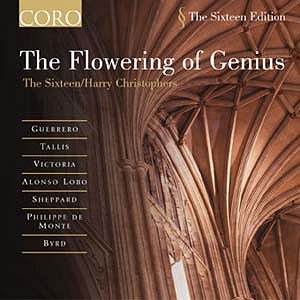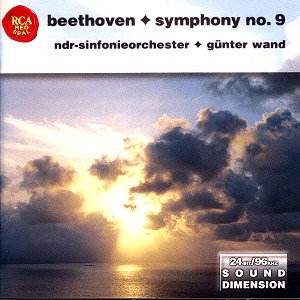 Composer: Nikolai Medtner
Composer: Nikolai Medtner
Works: Piano Concerto No. 1 (1914-18), Piano Concerto No. 2 (1927), Piano Concerto No. 3 Ballade (1940-43), Piano Sonata in G minor Op. 22 (1911), Sonata Reminiscenza Op. 38 No. 1 (1919), Sonata Tragica Op. 38 No. 5 (1919)
Performers: Geoffrey Douglas Madge (piano), Lodz Philharmonic Orchestra/Ilya Stupel
Recording: Lodz, October 1991
Label: BIS
Nikolai Medtner, a composer often overshadowed by his contemporaries, offers a rich tapestry of Romantic pianism that defies simple categorization. His works, particularly the three piano concertos presented in this compilation, reveal a complex interweaving of Russian lyricism and Germanic structural rigor. The juxtaposition of Medtner’s musical language against the backdrop of early 20th-century Europe—an era marked by both tumult and innovation—makes these concertos not merely historical artifacts but vital components of the piano repertoire.
Geoffrey Douglas Madge’s interpretations breathe life into Medtner’s intricate scores. The First Piano Concerto, structured as a single movement with three distinct sections, finds a compelling voice under Madge’s hands. The opening recalls the lush romanticism of Scriabin and Rachmaninov, yet it is Medtner’s unique harmonic language that distinguishes it. Madge navigates this terrain with a deftness that showcases his technical prowess while conveying the emotional depth inherent in the music. Notably, the second movement’s shift into a macabre realm—echoing Prokofiev—demands a nuanced interpretation, and Madge delivers with an intensity that revitalizes the somewhat sagging inspiration of this segment.
The recording quality, as is customary with BIS, captures the piano’s resonant clarity alongside the orchestral textures, ensuring that every nuance is audible. The orchestral accompaniment, under Ilya Stupel, complements Madge’s playing, although at times it risks overshadowing the delicate subtleties of the piano line. This is particularly evident during the exuberant third movement of the First Concerto, where the interplay of syncopation and thematic development flourishes, recalling the vibrant orchestration found in Bax’s works.
Turning to the Second Concerto, dedicated to Rachmaninov, we encounter a work that showcases Medtner’s ability to meld lyrical beauty with rhythmic complexity. The first movement’s expansive length allows for thematic development that rewards careful listening; Madge’s interpretation brings out the bluesy transformation at 15:33 with remarkable flair. His ability to channel Waltonian syncopation alongside Brahmsian gravitas illustrates the rich tapestry of influences that Medtner adeptly weaves into his compositions.
The Third Concerto, titled “Ballade,” marks a pinnacle in Medtner’s output. Premiered during a challenging wartime period, it displays a concentration and directional clarity that is striking. The musical narrative unfolds with a sense of nobility and fantasy, reflecting Medtner’s unique voice. Madge’s treatment of the opening of the Finale, where he skillfully contrasts decided staccato with lyrical flourishes, is particularly noteworthy. This work encapsulates the spirit of Medtner’s oeuvre, balancing seduction and heroism within a framework that remains distinctly personal and original.
Complementing the concertos are three sonatas that further highlight Madge’s interpretative range. His turbulent reading of the Sonata in G minor Op. 22 juxtaposes Lisztian bravura with Medtner’s introspective lyricism. The Sonata Reminiscenza, a work rich in nostalgic sentiment, is delivered with a profound understanding of its psychological depth. While Madge may not match the fluency of some other interpretations—such as Hamelin’s—he nonetheless ensures that listeners remain intellectually engaged throughout.
The overall presentation of this set by BIS reestablishes Medtner’s works into the contemporary discography, making them accessible to a new generation of listeners. The sound engineering, while not without its minor flaws in orchestral balance, ultimately serves the music effectively, allowing for an engaging auditory experience.
This release stands as a strong recommendation for both the Medtner-curious and the seasoned aficionado. Madge’s interpretations, combined with the quality of the recording, affirm the enduring relevance of Medtner’s artistry while inviting further exploration of his broader catalog.



